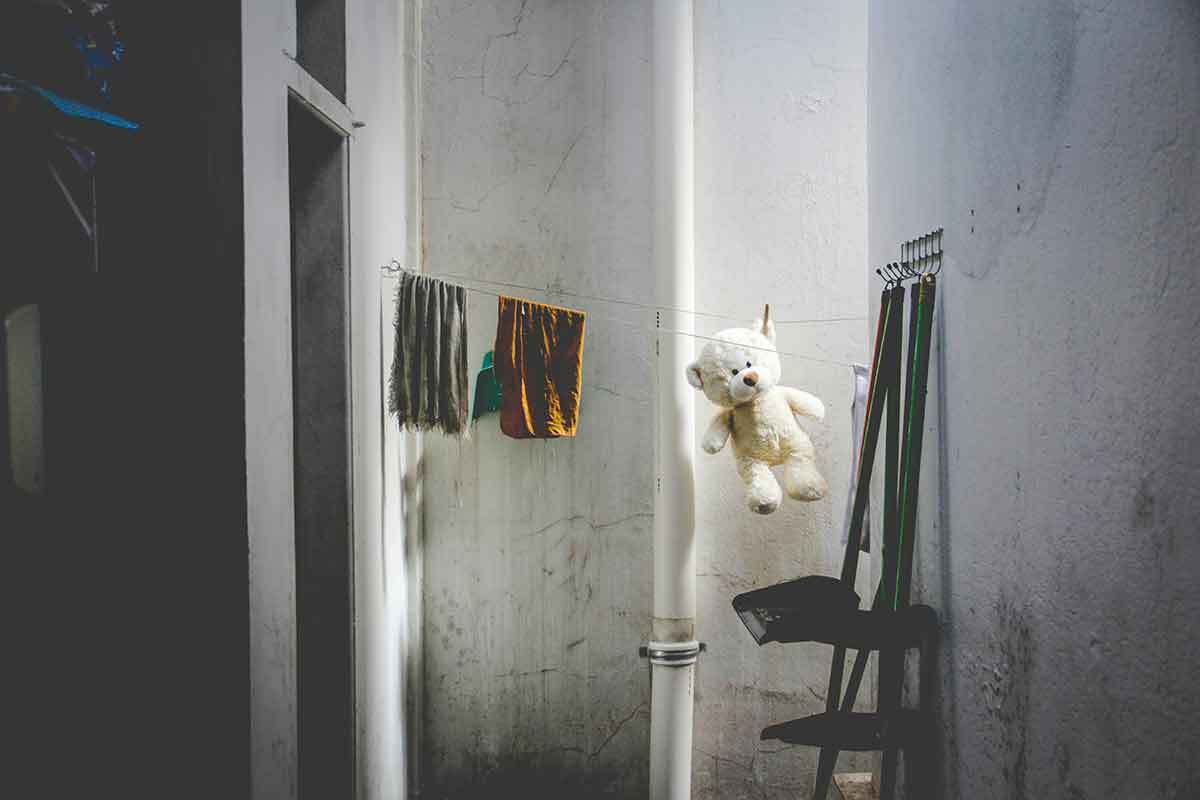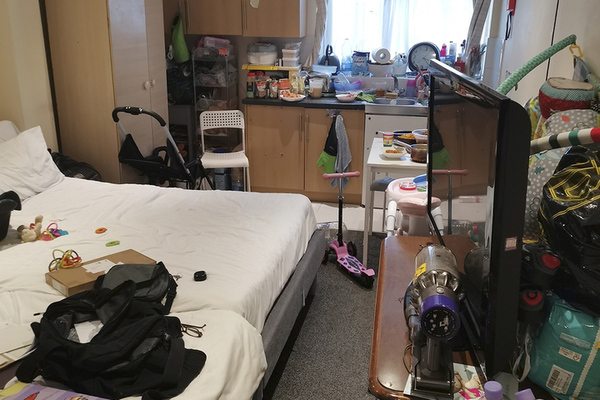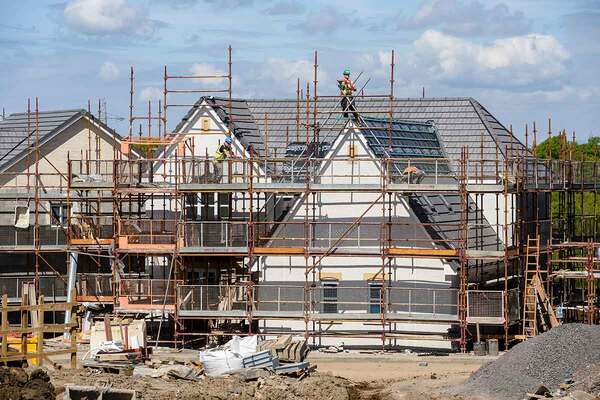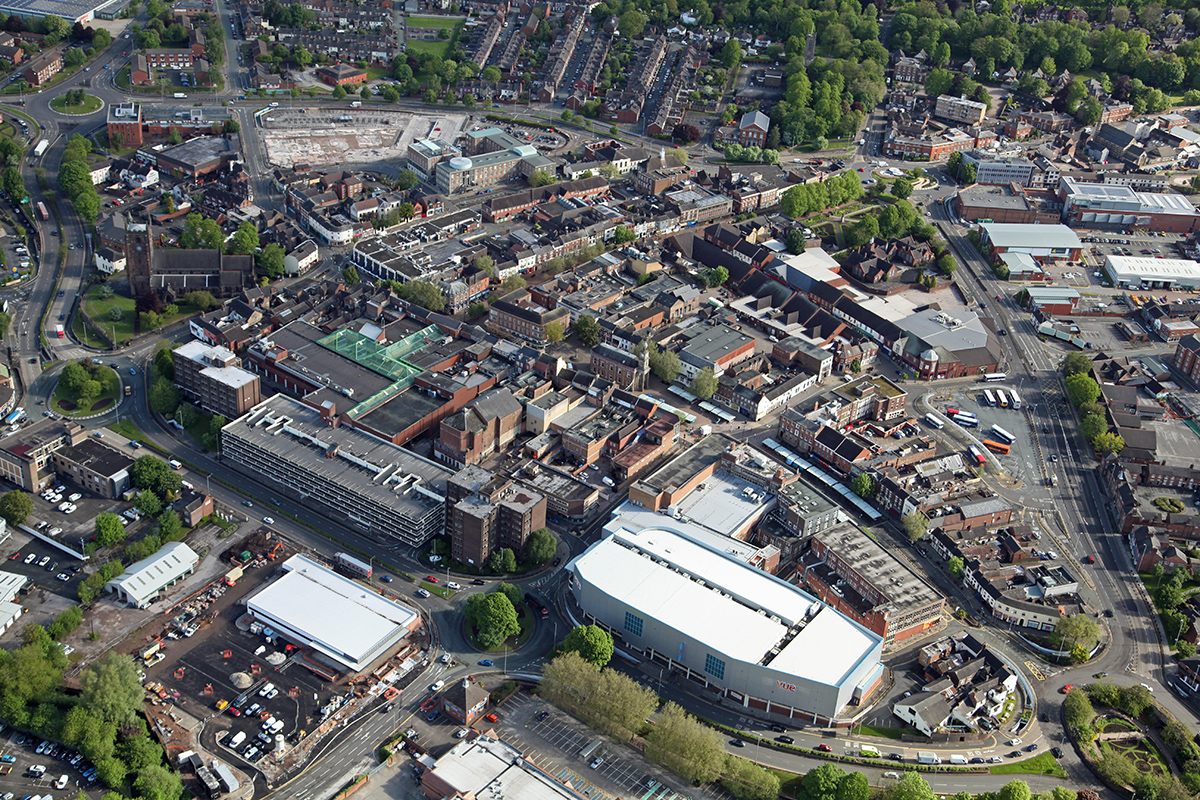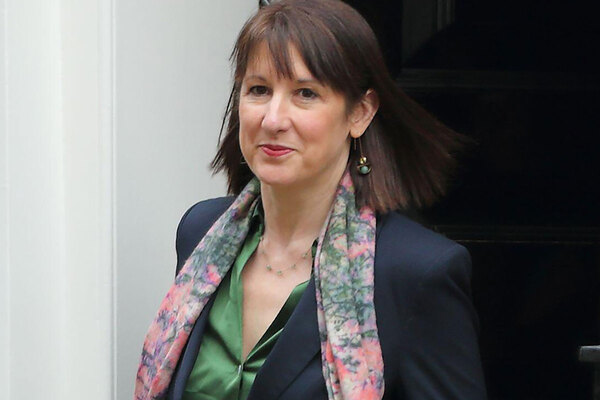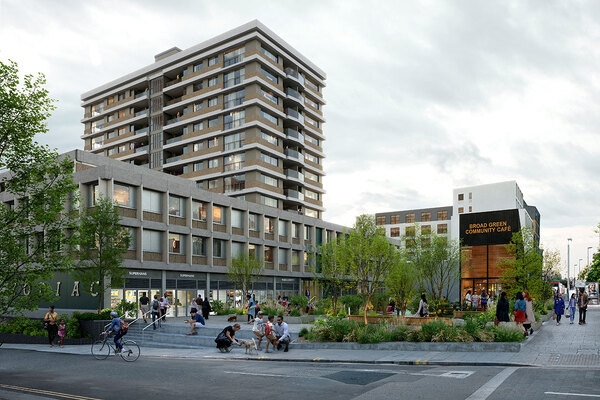You are viewing 1 of your 1 free articles
Housing costs drive 50,000 Scottish children into poverty, charities warn
Housing costs in Scotland are pushing 50,000 children into poverty, charities have warned.
A joint report by housing charity Shelter Scotland and children’s charity Aberlour concluded that the housing emergency in Scotland and child poverty are linked.
It said that first minister John Swinney’s commitment to eradicate child poverty in Scotland “cannot be done without addressing the housing emergency and improving access to safe, secure and affordable housing”.
The Scottish government has set a target to reduce child poverty rates to 10% by 2030.
The report continued: “If the Scottish government is serious about their plans to eradicate child poverty, they must make social housing delivery a bigger priority.”
It said that 50,000 children in Scotland are driven into poverty by high housing costs. Currently, 240,000 Scottish children – 24% – are living in poverty, but this falls to 19% before housing costs are added.
In addition, according to Scottish government data, the bottom 30% of families in terms of household income spend almost double (17%) of their income on housing costs, compared with the overall average (9%).
The charities argued that the private rented sector is “expensive and often inappropriate” for low-income households. Between 2016 and 2019, the number of people living in the private rented sector in poverty after housing costs jumped by 14% compared with before housing costs. By contrast, in the social sector, the rise was 8%.
Meanwhile, other families are “trapped” in temporary accommodation for years due to a lack of social homes for them to move into. Currently 10,110 children are in temporary accommodation waiting to be housed in Scotland.
Temporary accommodation is “extremely expensive” for families with members who are in employment, the report said. It can result in benefits, such as the Scottish Child Payment, being lost. Therefore, temporary accommodation can “act as a poverty trap”.
Ministers are pressing on with a Housing Bill, which includes homelessness prevention duties for social landlords and long-term rent controls for the private rented sector. The Scottish government also has a Tackling Child Poverty Delivery Plan, which recognises the importance of housing as an intervention to reduce child poverty.
However, the charities warned that the housing measures in the plan “simply aren’t ambitious enough” to meet “ever higher levels of need”, while the targets for social house building are not being met.
The Housing Bill “does not address” the need to increase the supply of social homes and “ignores” the 10,000 children trapped in temporary accommodation, they said.
The charities called for the 37% cut to the Affordable Housing Supply Programme to be reversed and for local authorities to use the government’s acquisition programme to prioritise buying homes for larger households with children.
They also urged reform of public debt collections, including amnesties for families in housing arrears, which they said is “vital” to eradicate child poverty.
Alison Watson, director of Shelter Scotland, said: “There’s an undeniable link between child poverty and Scotland’s housing emergency; this briefing sets that out in clear terms.”
She added: “The Scottish Child Payment is a positive and welcome intervention, but the evidence shows it’s just not enough; the first minister simply can’t achieve his aim of eradicating child poverty if he doesn’t first end the housing emergency.”
SallyAnn Kelly, chief executive of Aberlour, said: “Unsafe, cramped and temporary housing undermines the lives and life chances of far too many of our children.
“Poverty damages the lives of children today and sabotages their futures tomorrow. The first minister has said ending child poverty is his number one priority.
“But that commitment must be matched by clear actions and investment, ensuring the best interests of all our children drive policy not financial imperatives.”
Scotland’s housing minister Paul McLennan said: “Ending child poverty is the top priority of this government and we are determined to do all we can to deliver action at the pace and scale required to meet our targets. Modelling in February estimated that Scottish government policies, including the Scottish Child Payment, will keep 100,000 children out of relative poverty this year.
“These are exceptionally challenging times and the number of households, including those with children, in temporary accommodation is too high. That is why we declared a housing emergency back in May and have been working at pace since then, with a range of key stakeholders, to help take urgent action.
“An additional boost of £80m over two years will increase our investment in affordable housing in 2024-25 to nearly £600m. The majority of these affordable homes will be for social rent, and keeping social rents lower than market rents benefits approximately 140,000 children in poverty each year.
“We are also calling for action from the UK government in the Budget this week, including immediately abolishing the two-child limit which it is estimated would lift hundreds of thousands of children out of poverty across the UK.”
Sign up for our Scotland newsletter
Already have an account? Click here to manage your newsletters
